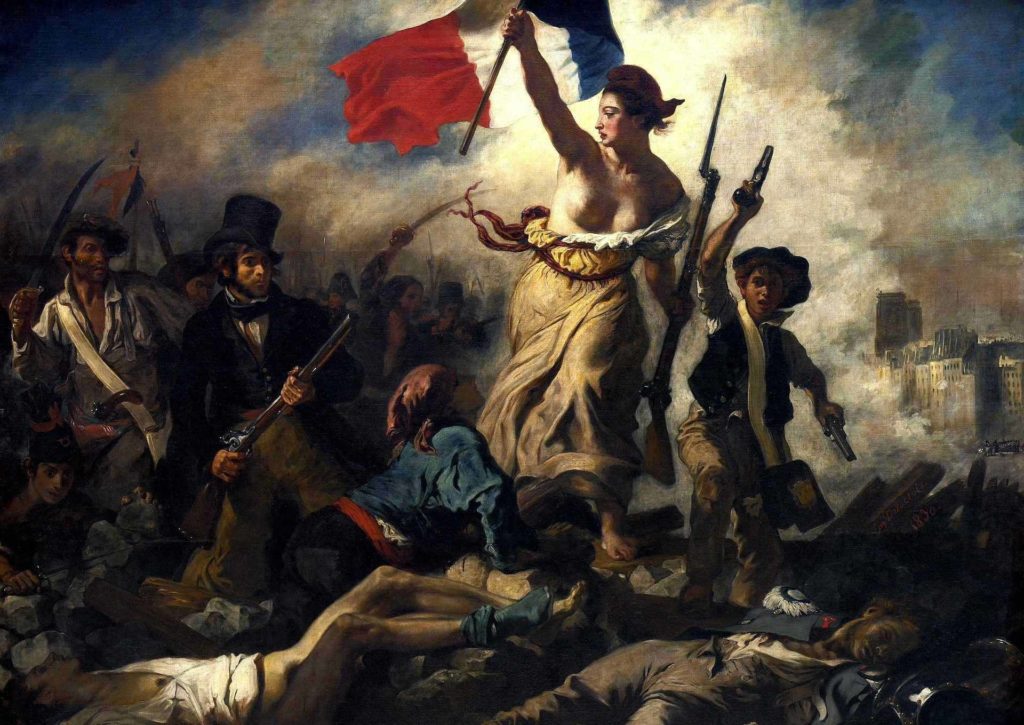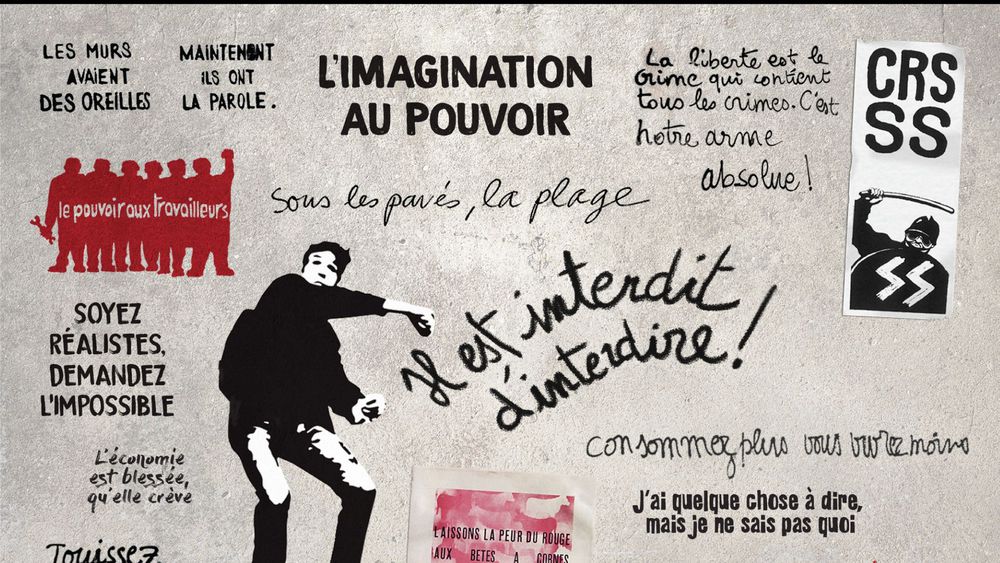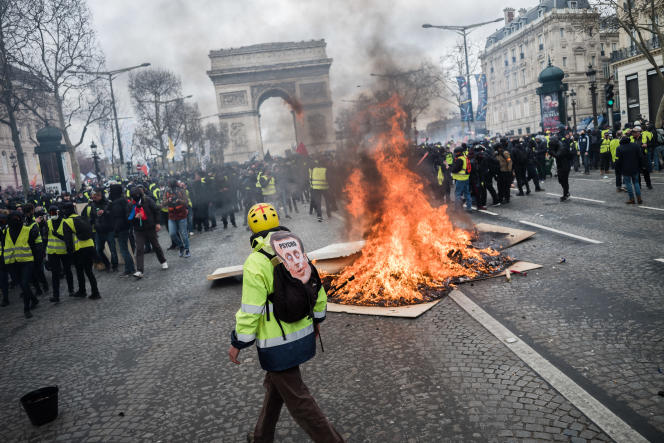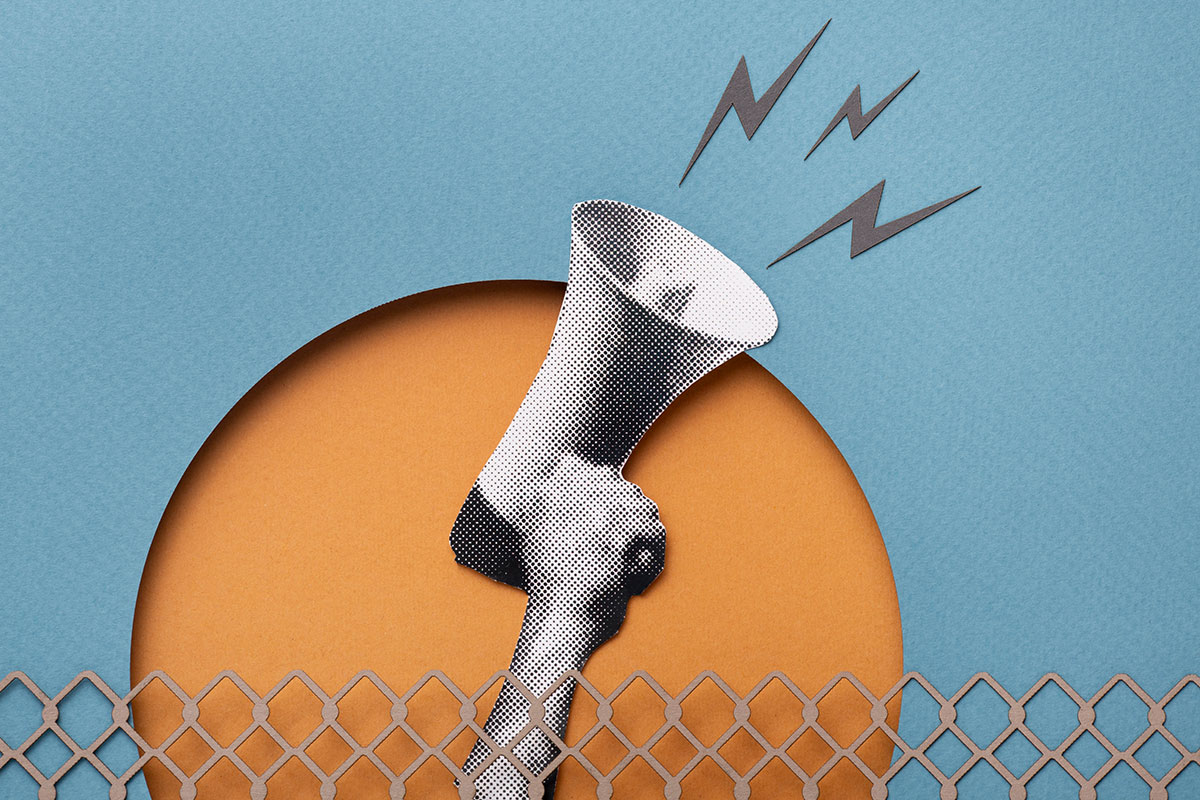In France, protesting is almost a national pastime. The French love to demonstrate, whether it’s against new government policies or in support of a cause.
Why do the French feel so strongly about protesting? And what are some of the most famous protests in French history?
In this blog post, we’ll take a look at the history and reasons behind France’s love of demonstrations. Stay tuned!
Why do the French feel so strongly about protesting?
The French have a long and proud history of civil unrest and uprisings, from the French Revolution to the protests of May 1968. There are many reasons why the French feel so strongly about protesting, including their love of freedom and democracy, their distrust of authority, and their desire for social change.
The French have a long and rich history of protesting. Some of the most famous demonstrations in French history include the French Revolution, the protests of May 1968, and the Yellow Vests protests in 2018.
Do you like learning French with videos?
Receive our free video newsletter every Friday in your e-mail box. You will get 3 “Tips & Tricks” on grammar, vocabulary, phonetics or French culture.
👉👉 Sign up now!
Why do the French feel so passionately about protesting?
Here are some of the reasons:
- The French love freedom and democracy, and they believe that protesting is one way to protect these values.
- The French distrust authority, and they see protesting as a way to hold government officials accountable.
- The French desire social change, and they believe that protesting is one way to bring about this change.
Do you agree with this view? Do you think that protesting and demonstrating in the streets is the right way to make your voice heard?
What are some of the most famous protests in French history?
In France, protesting is a national pastime. Here are some of the most famous protests in French history.
Did you know that the French have a word for “protest?” More than just a form of civil disobedience, protesting is actually considered an art form in France. And with good reason – the French have a long and proud history of taking to the streets to speak out against authority. Here are some of the most famous protests in French history:
French Revolution

The Winter of 1788-89: This was when angry Parisians took to the streets to protest high food prices and poor living conditions. The demonstrators were known as sans-culottes (literally “without breeches“), because they dressed in working class clothing instead of the traditional breeches worn by the upper class.
The Tennis Court Oath: In 1789, the National Assembly met at a tennis court in Paris to discuss a new constitution for France. When they were interrupted by the King’s order to disperse, they took an oath not to leave until they had finished their work. This event is considered one of the key moments of the French Revolution.
You want to know more about the French Revolution? Here is a selection of links that might interest you:
The protests of May 1968

May 1968: This was a series of student-led protests against capitalism, consumerism, and traditional values.
The protesters occupied universities and factories, and their slogan were “l’imagination au pouvoir” (imagination to power), “Interdit d’interdire” (Forbidden to forbid), “Sous les pavés, la plage” (under the paving stones, the beach).
One of the main leaders of the May 68 demonstrations was Daniel Cohn-Bendit, then a young German student studying in Paris.
General de Gaulle decided to expel him to Germany for disturbing public order in France.
Daniel Cohn-Bendit is still extremely popular in France and is a member of the European Parliament in Strasbourg. Many French people would have liked to see him run for president in 2012.
More information on the events of May 68:
The Yellow Vests (Gilets Jaunes) protests in 2018

Yellow Vests: In 2018, protesters took to the streets wearing yellow vests (gilets jaunes). The movement started as a protest against an increase in fuel taxes, but it quickly became a broader protest against inequality and the government’s economic policies.
No French media or political observers had seen this large-scale protest coming. In 2019, after a field survey Amnesty International released a report on the number of injuries after one year of Gilets Jaunes. The official figures revealed 2,500 injured on the side of the demonstrators and 1,800 on the side of the police force.
The Yellow Vests movement ended largely because of the Covid crisis, which forced the population to remain confined for health reasons.
Read more about the Yellow Vests movement in France:
So, are the French just a naturally rebellious people? Do they love to protest for the sake of protesting? Or is there something else going on here?
In my opinion, it’s a bit of all of the above. The French have a long and proud history of civil unrest and uprisings – in fact, they even have a word for it (révolution).
They feel passionately about protesting because they know that it can make a real difference in their society. And finally, let’s not forget that the French love to argue (just ask any Parisian), so protesting is also seen as a way to have some fun!
What do you think?
Articles that might interest you:
- Why do French people speak English so badly?
- Grasse (the French city) World Capital of Perfumes
- French Bastille Day: July 14th
- Who are the most popular French YouTubers?
- How the bag company “I speak fluent french” has released a new collection of bags?
- French Tipping Etiquette: 10 Things Everyone Should Know
- The French and their love of coffee
- Is the French manicure really from France?
- How to understand the gestures and mimics of the French?
- French Gastronomy




3 thoughts on “Why do the French love to demonstrate?”
Comments are closed.